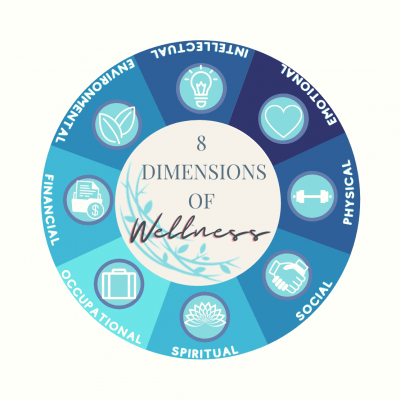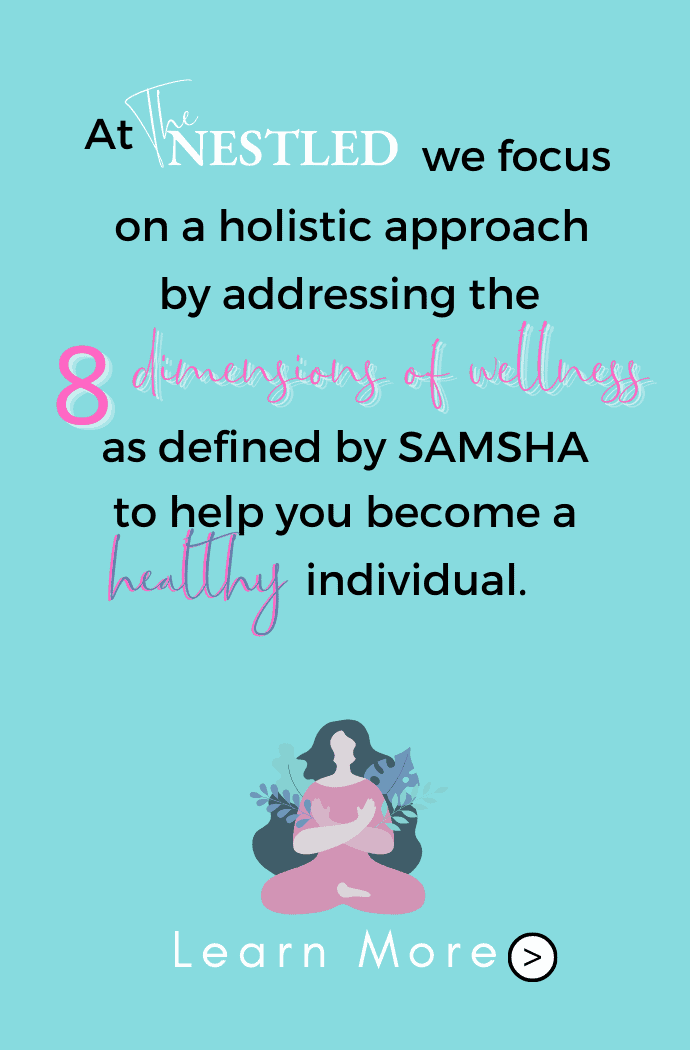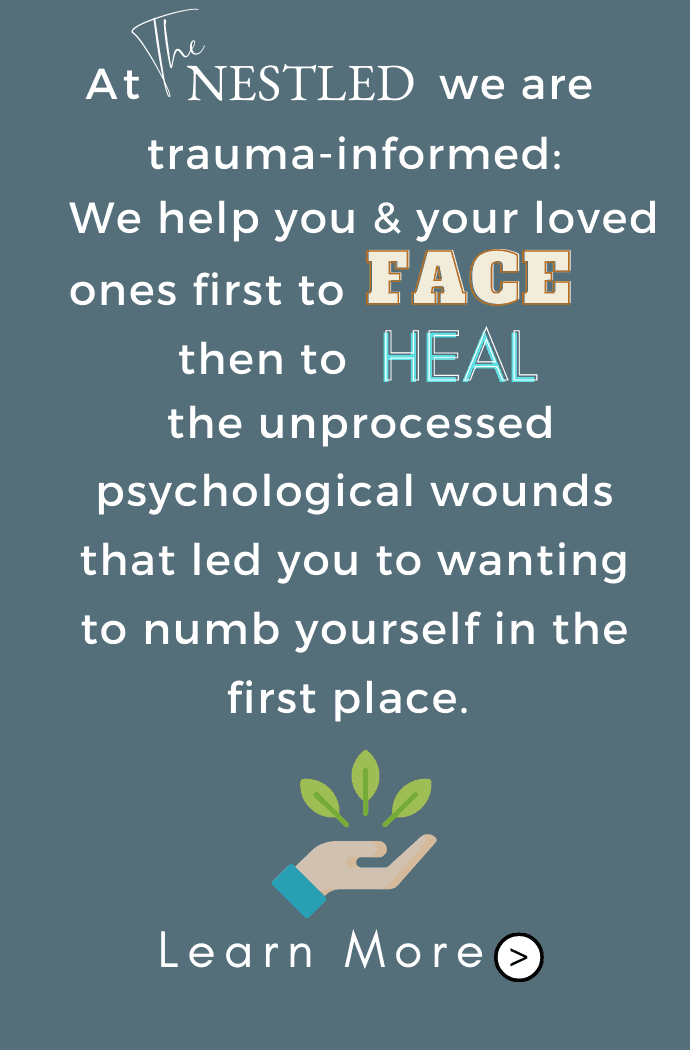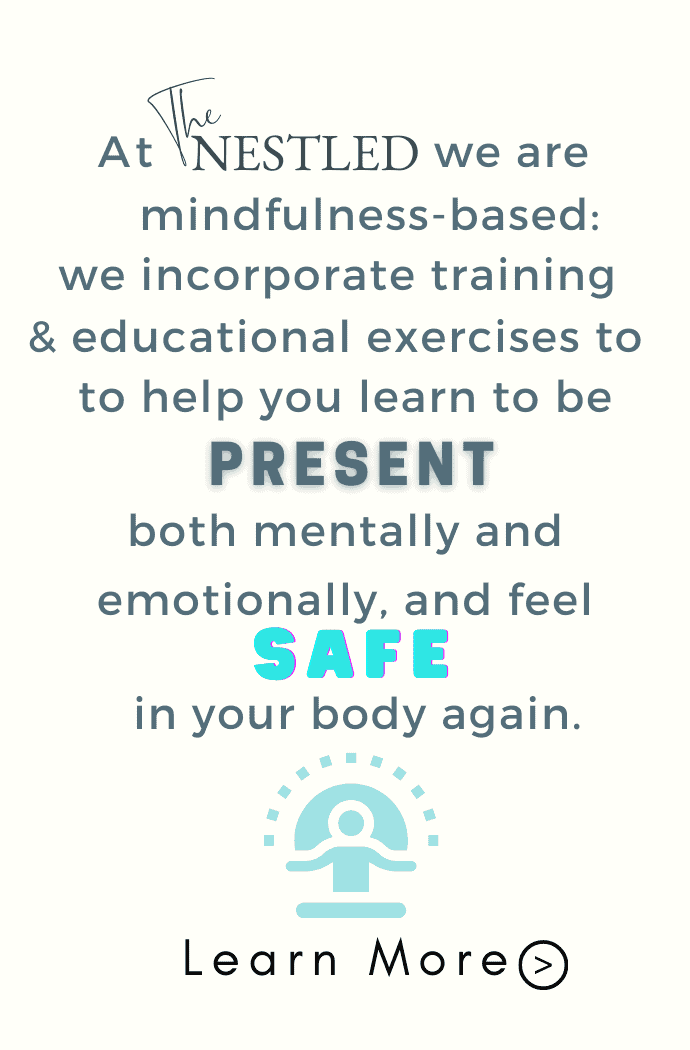If you or someone you care about is a military veteran living with post-traumatic stress disorder (PTSD), you’re not alone. Studies show that as much as 87 percent of all veterans are exposed to potentially traumatic events. Countless families report their loved ones returning home having changed or exhibiting symptoms such as nightmares, irritability, and difficulty adjusting to loud noises.
PTSD is a mental disorder that impacts people who have witnessed or experienced traumatic events, which explains why so many people who have gone to war or been involved in active combat develop symptoms later on.
Some common symptoms associated with PTSD include:
- Intrusive thoughts, memories, and flashbacks
- Nightmares and sleep issues
- Avoidance of reminders of traumatic events
- Guilt
- Feelings of detachment from others
- Reckless or self-destructive behavior
- Mood swings
PTSD can also increase a person’s risk of developing an alcohol or drug addiction, as many veterans will drink or get high as a form of self-medication—to keep the negative memories or symptoms at bay. Almost one out of every three veterans who seek treatment for a substance use disorder (SUD) also has PTSD. The euphoria, calmness, and other mind-altering effects of drugs often help veterans block out or numb their symptoms.
Problems Veterans with Addiction & PTSD Face
Military veterans often have a difficult time reintegrating into society when they return home in general, so things can be even more complicated when someone is struggling with addiction and a mental disorder like PTSD.
Without getting professional help, veterans may have to deal with some of the following issues:
- Failure to hold down a steady job: Veterans who are triggered easily by loud noises or intrusive thoughts may have difficulty finding a job, and when they have a substance use disorder, they may not be able to hold down a job if they show up to work drunk or high or otherwise have performance issues.
- Difficulties maintaining relationships: Rehab centers like ours know how essential it is for people to be surrounded by loved ones in order to heal and recover. People with addictions naturally isolate themselves from others, leading to loneliness and a feeling of helplessness that can prevent them from seeking help. Veterans with PTSD and addictions may withdraw from the people who care about them.
- Financial instability: When veterans are in emotional and mental distress, they may have difficulties providing for their own basic needs, including earning enough to pay their bills, and rent, and putting food on the table.
Life can feel pointless when you’re struggling with the weight of a mental disorder and addiction. But with professional intervention from a facility that knows how to treat co-occurring disorders, healing is possible.
Now In-Network with Triwest Health Alliance and the Dept. of US Veterans Affairs
The Nestled Recovery Center is pleased to announce that we are now in-network with Triwest Health Alliance and the Dept. of US Veterans Affairs, the healthcare program devoted specifically to active and retired military service members and their families. Formerly known as the Civilian Health and Medical Program of the Uniformed Services, Triwest Health Alliance offers coverage for those in the U.S. Air Force, Army, Navy, Marine Corps, Coast Guard, Commission Core, U.S. Public Health Service, and Commission Core of the National Oceanic and Atmospheric Association.
Thankfully, more and more people and organizations are raising awareness of the fact that mental health is just as important as physical health. In addition to our drug and alcohol addiction treatment programs, we also have a dual diagnosis program that specifically treats people who are suffering from substance abuse and mental disorders. If you’re struggling with addiction and PTSD, depression, or some other disorder, you can trust us to treat all aspects of your wellness.
Call The Nestled Recovery Center today at (702) 299-6406, or fill out our online form to learn more about our dual diagnosis program. We’re proud to serve individuals who hail from all kinds of backgrounds, including veterans.







